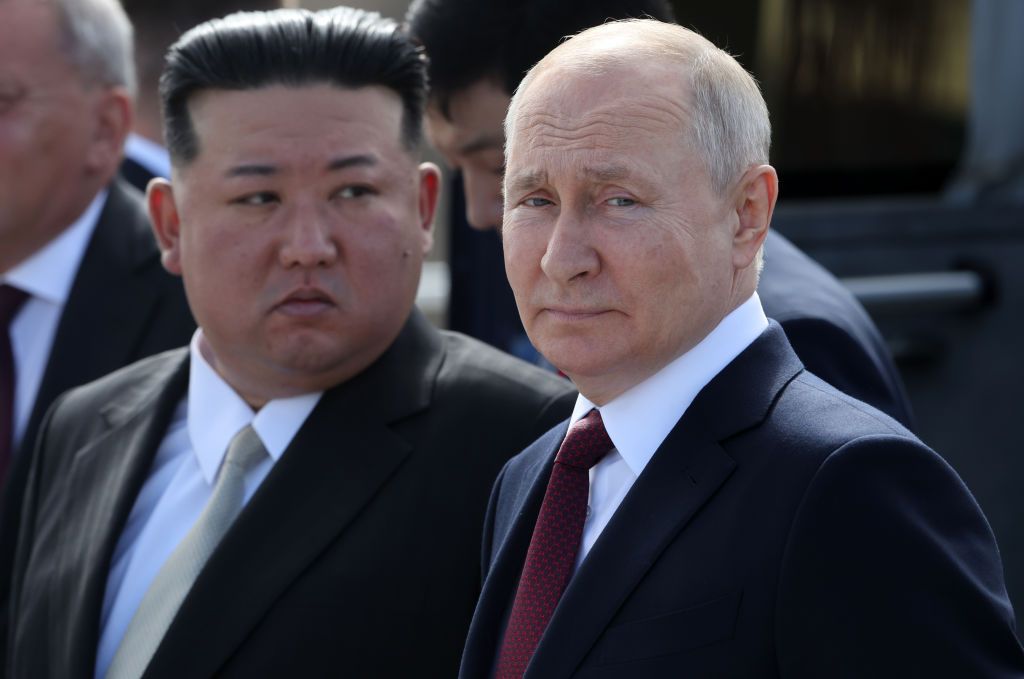Reuters: Russia likely driving revitalization of North Korean special economic zone

Increasing economic and military ties between Russia and North Korea are likely behind a revitalization of North Korea's Rason Special Economic Zone (SEZ), Reuters reported on Nov. 29.
The SEZ was originally established in the 1990s near the North Korean border with Russia and was conceived of as a place to attract foreign investments amid the government's tight control over the North Korean economy.
Increased restrictions and border closings related to the Covid-19 pandemic decreased tourism and trade to the SEZ down to a trickle. In recent months, it has increased, with satellite imagery indicating a significant growth in trade using the port and rail line to Russia.
Although the overwhelming majority of North Korea's trade (97%) is with China, according to data from the South Korean government, experts who spoke to Reuters believed that the recent increase in economic activity at the Rason SEZ is likely due to Russia.
Satellite imagery showed that North Korea has likely exported an estimated 2,000 containers from the Rason port to Russia, which the South Korean government believes contained artillery shells and possibly short-range missiles.
Rail activity increased following the visit of Russian Defense Minister Sergei Shoigu to North Korea in July 2023, experts told Reuters.
As Russia became increasingly isolated and sanctioned after the full-scale invasion, it sought new allies to help fill in the gaps in its domestic defense industry, including North Korea.
Russia and North Korea signed a widely condemned arms deal in October, which Russia has denied.
U.S. National Security Council spokesperson John Kirby said on Oct. 13 that Russia had received shipments of North Korean weapons and ammunition following a meeting between Russian dictator Vladimir Putin and North Korean leader Kim Jong Un in September.
In addition, U.S. Defense Secretary Lloyd Austin said on Nov. 14 that he feared Russia's military cooperation with North Korea has increased, becoming a two-way street in which North Korea provides Russia with military hardware, such as artillery shells, in exchange for military technology to improve North Korea's long-range capabilities.











